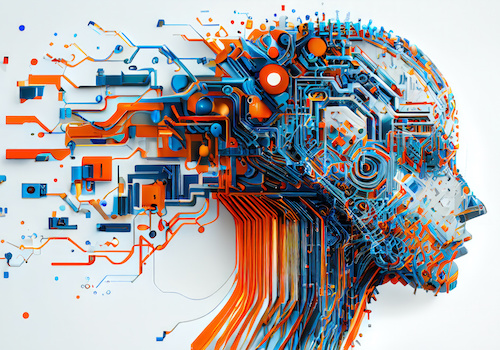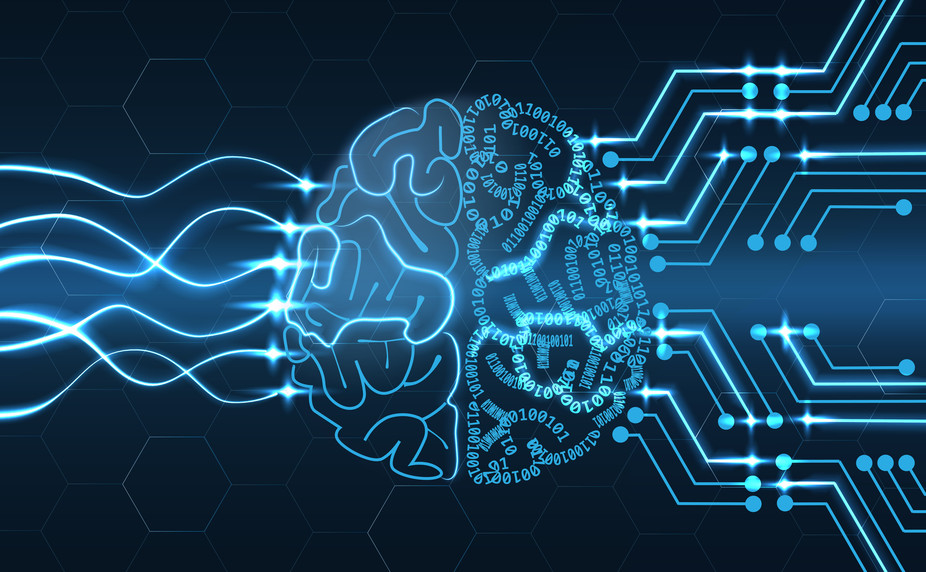Why We Should Be Paying Closer Attention to Our Privacy
Artificial intelligence used to feel like a futuristic concept, something only tech companies and sci-fi movies talked about. Now, it’s in our everyday lives: your phone’s voice assistant, the TikTok algorithm, Netflix recommendations, customer service bots, even the cameras tracking your license plate. Whether we realize it or not, AI is running behind the scenes almost everywhere.
And while the technology is impressive and offers a ton of benefits, there’s one thing that’s becoming hard to ignore: our privacy is slowly disappearing, and AI might be speeding that process up.
At the core of AI is one thing: data — and a lot of it. AI systems learn by analyzing patterns in massive amounts of information, from what we search on Google to how long we pause while watching a video. Companies collect this data to improve products, predict behavior, and sell ads. Governments use it for national security, traffic control, and even public health.
But here's the issue: most of us have no idea how much of our data is being collected, how it’s being used, or who it's being shared with. That’s what makes this so dangerous. AI isn’t just helping us — it's observing us, learning from us, and sometimes even making decisions about us.
Take this report from the World Economic Forum, it explains how AI is changing the landscape of personal data and what’s at stake if we don’t create guardrails.
Surveillance Isn’t Just a Foreign Problem
A lot of people think government overreach with AI only happens in countries like China, where they’ve implemented mass facial recognition, social credit scores, and intense tracking of certain ethnic groups. And while that level of control is extreme, the U.S. isn’t completely innocent either.
In America, AI is already being used in tools like predictive policing, license plate readers, and smart surveillance cameras. These systems are supposed to make communities safer, but they also raise serious questions. What if they misidentify someone? What if they’re biased against certain races or neighborhoods? What happens when your digital footprint becomes a reason you’re flagged as a “risk”?
According to Brookings, predictive policing has been shown to reinforce existing inequalities rather than reduce crime, especially in underserved communities.
Who’s Holding AI Accountable?
That’s the scary part, no one really is. Right now, AI development is moving way faster than government regulations can keep up. Most countries, including the U.S., don’t have strict rules for how AI systems collect, use, or store our data. Big tech companies are essentially policing themselves, which is like letting players referee their own games.
Some steps are being taken. In 2023, the EU passed the AI Act, one of the first laws to regulate how AI can be used in things like law enforcement, health care, and advertising. The U.S. is still catching up though organizations like the Center for AI and Digital Policy are trying to push for similar action here.
So, What Can We Do?
AI isn’t evil. It’s a tool, and like any tool, it depends on how we use it. AI can help us detect diseases early, reduce traffic, translate languages, and even fight climate change. But if we’re not careful, it could also turn into the most powerful surveillance system in history.
Here’s what we can do now:
-
Stay informed: Understand how the tech works and what it’s doing behind the scenes.
-
Check your data settings: Most apps and platforms let you limit what they collect, it’s worth looking into.
-
Push for transparency: Support policies that require companies to explain how their AI works and what data it's using.
-
Speak up: If something feels invasive or wrong, talk about it whether it's on social media, in class, or in conversations with friends.
My Final Thoughts
We are without a doubt living through one of the biggest technological shifts in human history. AI is going to reshape every part of our world; from how we work and learn to how we’re governed and protected. That’s exciting, but it’s also a little scary. We can’t afford to be passive. If we want a future where tech empowers us without violating our rights, we have to pay attention now.




No comments:
Post a Comment